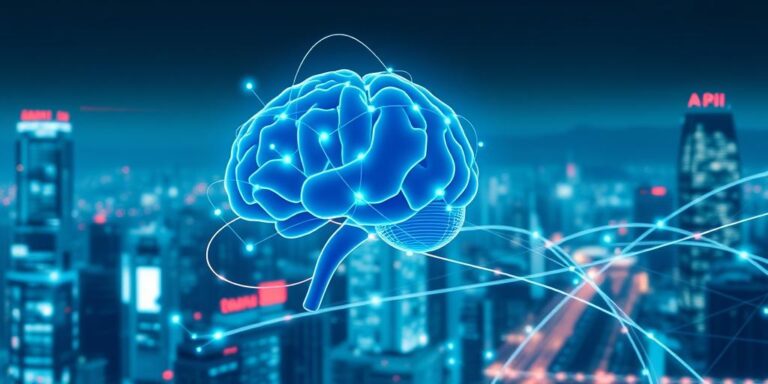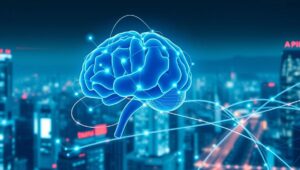The Symbiotic Future: Humans and AI Co-evolving (Post-2025)
Artificial intelligence is no longer a futuristic fantasy; it’s rapidly becoming an integral part of our daily lives. As we move beyond 2025, the relationship between humans and AI is poised to evolve into a symbiotic partnership. This article explores the key areas where this co-evolution will manifest and the implications for society.
AI in the Workplace: Augmentation, Not Replacement
The initial fear that AI would replace human workers is gradually giving way to a more nuanced understanding. Instead of outright replacement, AI is increasingly being used to augment human capabilities. Tasks that are repetitive, data-intensive, or require high precision are being automated, freeing up human workers to focus on creative, strategic, and interpersonal aspects of their jobs.
- Enhanced Productivity: AI tools can analyze vast datasets to identify inefficiencies and optimize workflows, leading to significant productivity gains.
- Improved Decision-Making: AI algorithms can provide data-driven insights, enabling humans to make more informed and strategic decisions.
- Upskilling and Reskilling: The shift towards AI-augmented work requires humans to develop new skills. Educational institutions and companies are investing in programs to train workers in AI-related fields.
AI in Healthcare: Precision and Personalized Care
Healthcare is another sector ripe for symbiotic co-evolution. AI is already being used to diagnose diseases, personalize treatment plans, and accelerate drug discovery. The future promises even more sophisticated applications, such as:
- AI-Powered Diagnostics: AI algorithms can analyze medical images (X-rays, MRIs, CT scans) with greater accuracy and speed than human radiologists, leading to earlier and more accurate diagnoses.
- Personalized Medicine: AI can analyze a patient’s genetic makeup, lifestyle, and medical history to develop personalized treatment plans that are tailored to their specific needs.
- Robotic Surgery: AI-guided robots can perform complex surgeries with greater precision and minimal invasiveness, leading to faster recovery times and reduced risk of complications.
AI in Education: Personalized Learning and Adaptive Assessments
AI has the potential to revolutionize education by providing personalized learning experiences and adaptive assessments. Imagine a future where:
- AI Tutors: AI-powered tutors can provide students with individualized instruction, tailored to their learning style and pace.
- Adaptive Assessments: AI can dynamically adjust the difficulty of assessments based on a student’s performance, providing a more accurate measure of their understanding.
- Personalized Curriculum: AI can curate learning materials and activities that are aligned with a student’s interests and career goals.
Ethical Considerations and Challenges
As AI becomes more deeply integrated into our lives, it’s crucial to address the ethical considerations and challenges that arise. These include:
- Bias and Fairness: AI algorithms can perpetuate and amplify existing biases in data, leading to unfair or discriminatory outcomes. It’s essential to develop methods for detecting and mitigating bias in AI systems.
- Privacy and Security: AI systems often collect and process vast amounts of personal data, raising concerns about privacy and security. Robust data protection measures are needed to safeguard individuals’ privacy.
- Job Displacement: While AI is expected to create new jobs, it may also displace workers in certain industries. Governments and businesses need to proactively address the potential for job displacement by providing retraining and support for affected workers.
The Path Forward
The symbiotic future of humans and AI requires a collaborative effort from researchers, policymakers, and the public. We need to invest in AI research and development, establish ethical guidelines for AI development and deployment, and educate the public about the benefits and risks of AI. By working together, we can ensure that AI is used to create a more equitable, prosperous, and sustainable future for all.
Long-Tail Keywords:
- Human AI collaboration post 2025
- AI augmentation in the workplace
- Ethical considerations for AI development
- Future of AI in healthcare
- AI powered personalized education




